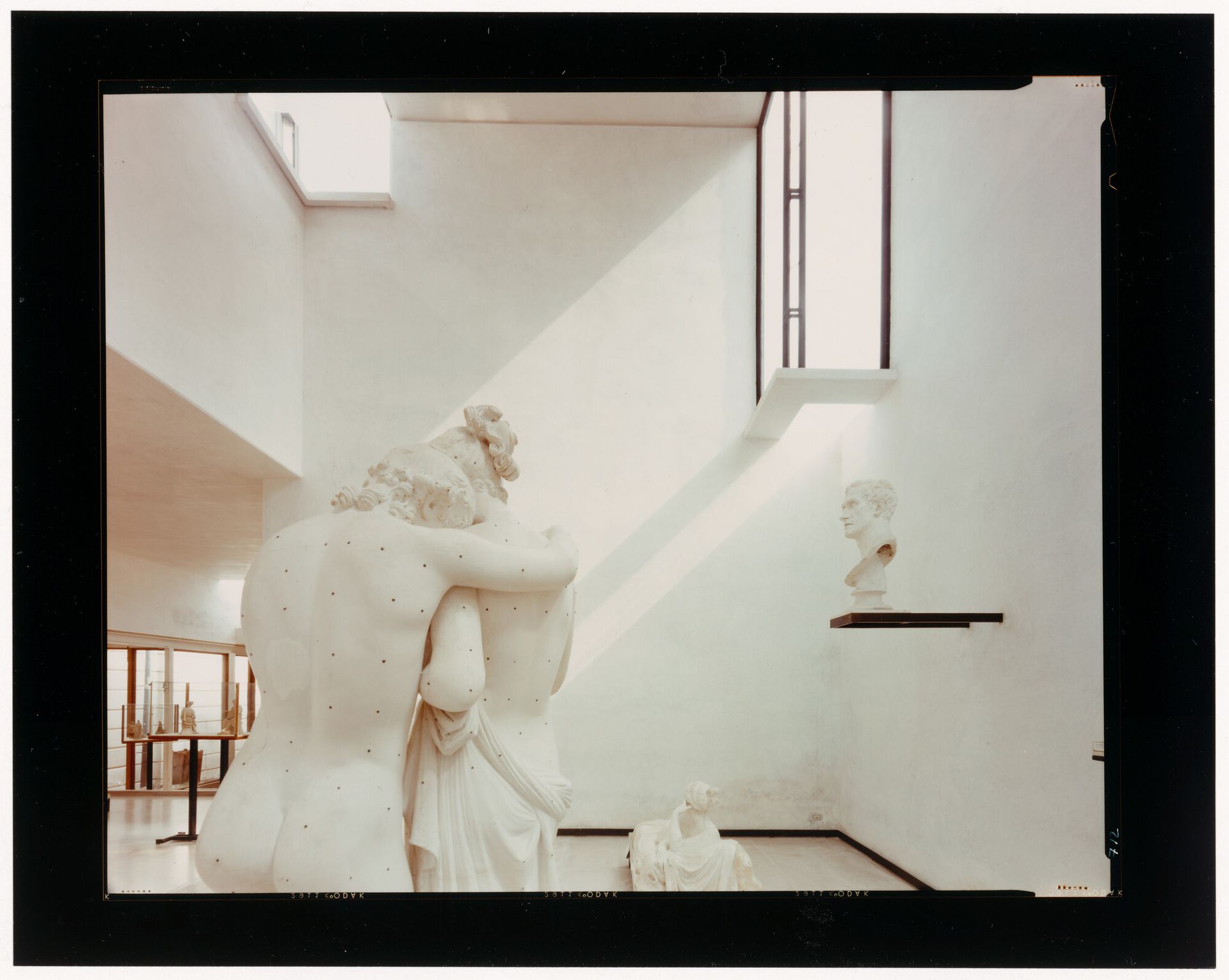Fulfilment centres are largely operated in the dark by autonomous robots. Urban simulations are training the next generation of automobiles. Pokemon Go incidentally amassed the largest dataset of spatial information. Smart doorbells are granting and denying access to homes. What these scenarios have in common is their relationship to computational optics operating in and through the built environment.
The 2025 Toolkit for Today explores computational optics as systems of perception powered by software, and is organized in collaboration with researcher, graphic designer, and new media artist Simone Niquille. Definitions of computational optics move from computer vision to computational photography, surveillance systems, and autonomous robotics. Computational optics shifts the photographic point of capture to a point of computation. Think of the 4 trillion operations per photo that take place on an iPhone, unknowingly, before the final image appears on screen within the blink of an eye, or a robot vacuum cleaner’s ability to navigate its surroundings. The program extends over five days during the week of 14 July and is anchored by a public event on the evening of 18 July.
Computational optics rely on a world that is readable, classifiable, and visible in order to function. What is architecture’s role in facilitating such an environment? Can architectural practices critically engage with computational optics, deliberately creating spaces that are unreadable and unclassifiable, rather than designing places to hide, and fostering places that defy the standardization and societal norms computation craves?
The program of seminars, encounters with the CCA Collection, and discussions with participants in the 2025 Doctoral Research Residency Program centre on the worlds which are in/visible to computational optics, focusing on limits of knowledge through queer theory, acts of absence, and ambiguity, as well as the politics of synthetic data.
In addition to Simone Niquille, contributors to the 2025 Toolkit for Today include Katie Addelman, Scott Berwick, Léa Boisvert-Chénier, Tommy Deer, Martien de Vletter, Alex Jokinen, Kara Keeling, Os Keyes, Jacob Gaboury, Romi Ron Morrison, Rodrigo Ochigame, and Rafico Ruiz.

